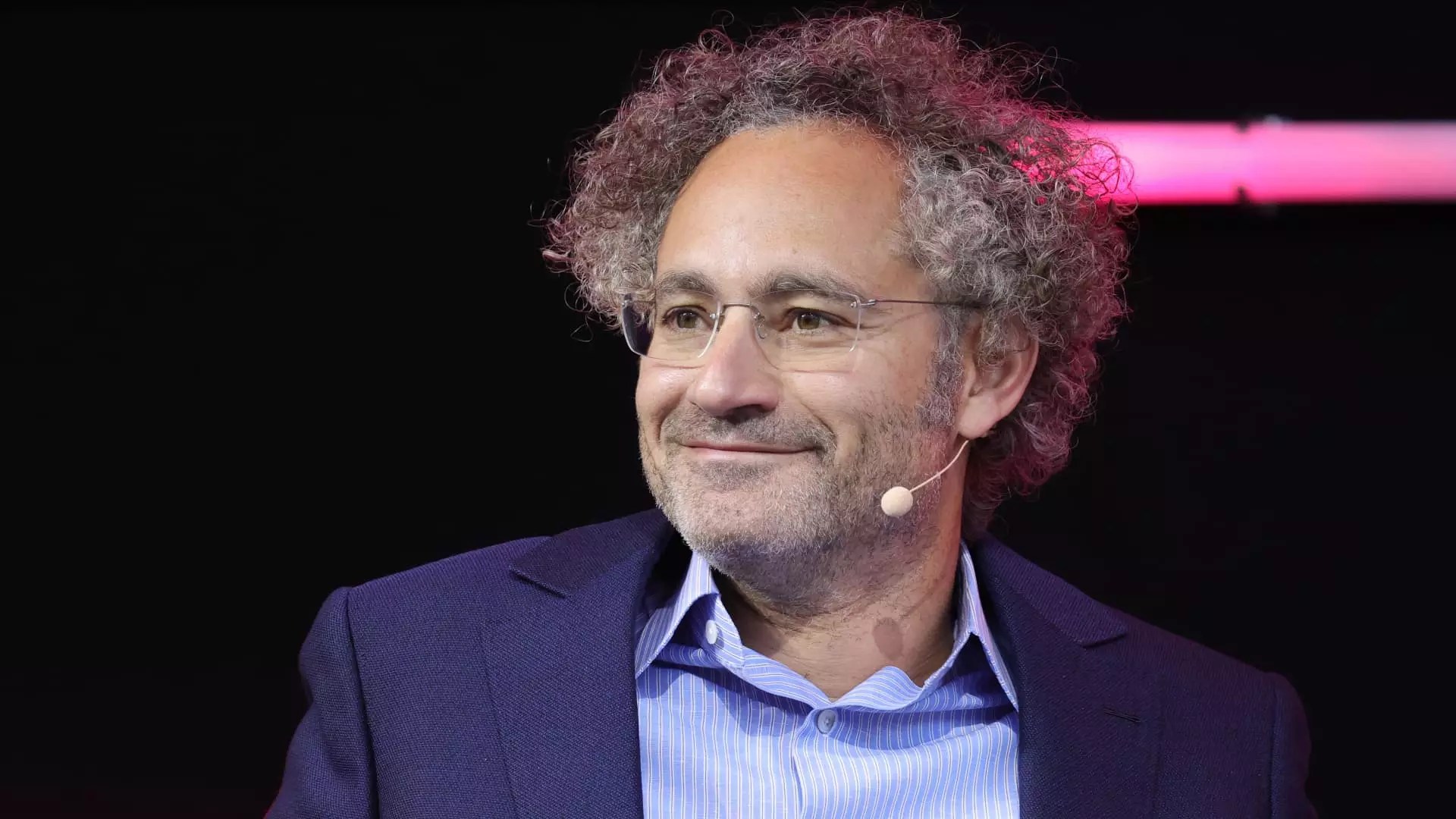The recent collaboration between Fannie Mae and Palantir marks a pivotal moment in the intersection of technology and finance, prompting significant reflection on the role of government-sponsored enterprises (GSEs) in modern America. Fannie Mae, a quasi-governmental institution, is intent on revolutionizing its mortgage fraud detection capabilities through the advanced analytical capabilities of Palantir. This strategic partnership comes as the federal government looks to embrace tech-driven solutions, a trend that has garnered both praise and skepticism.
In an era where efficiency is paramount, the ability to proactively identify fraudulent activities in the housing market is not just valuable but essential. This engagement signifies a shift towards a future where bureaucratic processes are expedited through innovative technology, particularly artificial intelligence. This move is essential, particularly for an institution under scrutiny like Fannie Mae, which, despite its pivotal role in facilitating homeownership, has been encumbered by its past.
The Palantir Effect: A Transformative Technology
Palantir’s historical performance alongside federal contracts highlights its worth in government operations. The impressive claim that Palantir can pinpoint fraud that traditionally took human investigators months within mere seconds is staggering. However, this rapid advancement is not without its ethical considerations. The allure of technology must be tempered with caution regarding data privacy—a recurrent theme that has prompted debate in contemporary discourse.
The assertion from CEO Alex Karp that their technology safeguards privacy while processing sensitive data is reassuring yet requires persistent scrutiny. The balance between efficiency and privacy must be maintained, as any misstep could have significant ramifications for consumer trust. The rhetoric surrounding leveraging AI to enhance fraud detection capabilities should be approached with both optimism and caution.
Market Dynamics and Political Influences
Furthermore, the timing of this announcement cannot be ignored, especially as the political landscape in the U.S. is shifting. With Fannie Mae and Freddie Mac continually being steered by the Federal Housing Finance Agency, conversations about re-establishing these entities into independent companies are gaining momentum. The encouraging statements from President Trump indicate a clear political backing towards re-envisioning these GSEs, merging meaningful social objectives with a push for capitalistic progress.
In this context, the implicit guarantees tied to Fannie Mae and Freddie Mac become even more critical. These guarantees create a level of confidence that potentially stabilizes the housing market—a point deftly articulated by Trump. It is a ripe moment where investor interest could flourish, possibly transforming the landscape of public-private partnerships in American finance.
Future Considerations: Expansion and Adaptation
As the FHFA director noted, the partnership’s potential expansion to Freddie Mac hints at broader ambitions. While Fannie Mae leads this initiative, the implications of such tech-enhanced fraud detection could set a precedent across all GSEs. By looking beyond fraud detection to eliminating inefficiencies within the system, the initiative has the potential to drive cost reductions, ultimately benefiting American homebuyers.
However, the question remains: How transparent will this process be? The suggestion of engaging with other technology firms like Elon Musk’s xAI hints at the GSE’s openness to expansive innovation. But as they navigate these uncharted waters, the promise of technology must be carefully measured against potential pitfalls.
The path ahead for Fannie Mae and Palantir is undeniably transformative, yet it is not without its challenges and societal implications. The delicate balance of driving forward under the auspices of innovation, while maintaining a strong ethical framework, demands a vigilant approach from both industry leaders and regulatory bodies. It is not just about combating fraud; it is about redefining the very foundations of American finance and creating a model that prioritizes both diligence and transparency.


Leave a Reply